Hydrogen Science Studies
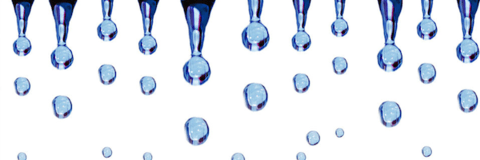
Hydrogen: 3 Inflammation Studies
Hydrogen-rich water improved liver function in patients with chronic hepatitis B
This study investigated effects of hydrogen-rich water (HRW) on oxidative stress, liver function and HBV DNA in patients with chronic hepatitis B (CHB). Sixty patients with CHB were randomly assigned into routine treatment group or hydrogen treatment group in which patients received routine treatment alone or additional oral HRW (1200-1800 mL/day, twice daily), respectively, for 6 consecutive weeks. Serum oxidative stress, liver function, and HBV DNA level were detected before and after treatment. Thirty healthy subjects served as controls. When compared with controls, oxidative stress was obvious in CHB patients, and the liver function also significantly impaired. After treatment, the oxidative stress remained unchanged in routine treatment group, but markedly improved in hydrogen treatment group. The liver function was improved significantly and the HBV DNA reduced markedly after corresponding treatments. Although a significant difference was noted in the oxidative stress between two groups after treatment, the liver function and HBV DNA level were comparable after treatment and both had improved tendencies. HRW significantly attenuates oxidative stress in CHB patients, but further study with long-term treatment is required to confirm the effect of HRW on liver function and HBV DNA level.
Xia C, Liu W, Zeng D, Zhu L, Sun X, Sun X. Effect of hydrogen-rich water on oxidative stress, liver function, and viral load in patients with chronic hepatitis B. Clin Transl Sci. 2013 Oct;6(5):372-5.
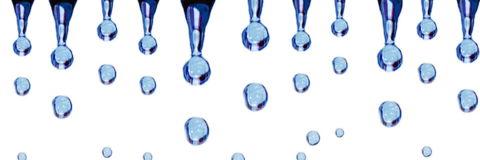
Hydrogen: 9 Exercise Studies
Exercise Studies Hydrogen-rich water affects antioxidant activity and gut flora in soccer players In Exercise, Human studies by CHESS April 17, 2020 Expending a...
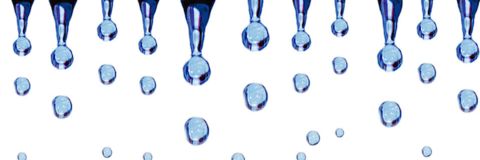
Hydrogen: 2 Cardiovascular Studies
Breathing hydrogen-oxygen mixture decreases inspiratory effort
Hydrogen-oxygen mixture (H2-O2) may reduce airway resistance in patients with acute severe tracheal stenosis, yet data supporting the clinical use of H2-O2 are insufficient. The authors evaluated the efficacy and safety of breathing H2-O2 in acute severe tracheal stenosis. Thirty-five consecutive patients with severe acute tracheal stenosis were recruited in this prospective self-control study. Air, H2-O2 and O2 inhalation was given in 4 consecutive breathing steps: air for 15 min, H2-O2 (6 L per min, H2:O2 = 2: 1) for 15 min, oxygen (3 L per min) for 15 min, and H2-O2 for 120 min. The primary endpoint was inspiratory effort as assessed by diaphragm electromyography (EMGdi); the secondary endpoints were transdiaphragmatic pressure (Pdi), Borg score, vital signs, and impulse oscillometry (IOS). The concentration of H2 in the ambient environment was obtained with 12 monitors. Adverse reactions during the inhalation were recorded. The mean reduction in the EMGdi under H2-O2 was 10.53 ± 6.83%. The EMGdi significantly decreased during 2 H2-O2 inhalation steps (Steps 2 and 4) compared with air (Step 1) and O2 (Step 3) (52.95 ± 15.00 vs. 42.46 ± 13.90 vs. 53.20 ± 14.74 vs. 42.50 ± 14.12% for Steps 1 through 4, p < 0.05). The mean reduction in the Pdi under H2-O2 was 4.77 ± 3.51 cmH2O. Breathing H2-O2 significantly improved the Borg score and resistance parameters of IOS but not vital signs. No adverse reactions occurred. H2 was undetectable in the environment throughout the procedure. Breathing H2-O2 may reduce the inspiratory effort in patients with acute severe tracheal stenosis and can be used for this purpose safely.
Zhou ZQ, Zhong CH, Su ZQ, et al. Breathing hydrogen-oxygen mixture decreases inspiratory effort in patients with tracheal stenosis. Respiration. 2019;97(1):42-51.
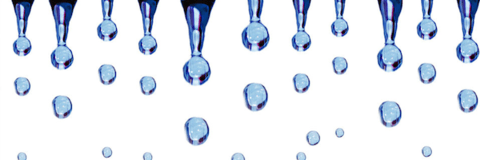
Hydrogen: 3 Cancer Studies
Hydrogen-controlled cancer
The authors conducted a prospective follow-up study of 82 patients with stage III and IV cancer treated with hydrogen inhalation using the “real world evidence” method.
After 3-46 months of follow-up, 12 patients died in stage IV. After 4 weeks of hydrogen inhalation, patients reported significant improvements in fatigue, insomnia, anorexia and pain.
Furthermore, 41.5% of patients had improved physical status, with the best effect achieved in lung cancer patients and the poorest in patients with pancreatic and gynecologic cancers.
Of the 58 cases with one or more abnormal tumor markers elevated, the markers were decreased at 13-45 days (median 23 days) after hydrogen inhalation in 36.2%.
The greatest marker decrease was in achieved lung cancer and the lowest in pancreatic and hepatic malignancies. Of the 80 cases with tumors visible in imaging, the total disease control rate was 57.5%, with complete and partial remission appearing at 21-80 days (median 55 days) after hydrogen inhalation.
The disease control rate was significantly higher in stage III patients than in stage IV patients (83.0% and 47.7%, respectively), with the lowest disease control rate in pancreatic cancer patients. No hematological toxicity was observed although minor adverse reactions that resolved spontaneously were seen in individual cases.
In patients with advanced cancer, inhaled hydrogen can improve patients’ quality-of-life and control cancer progression. Hydrogen inhalation is a simple, low-cost treatment with few adverse reactions that warrants further investigation as a strategy for clinical rehabilitation of patients with advanced cancer.
Chen JB, Kong XF, Lv YY, et al. “Real world survey” of hydrogen-controlled cancer: a follow-up report of 82 advanced cancer patients. Med Gas Res. 2019 Jul-Sep;9(3):115-121.
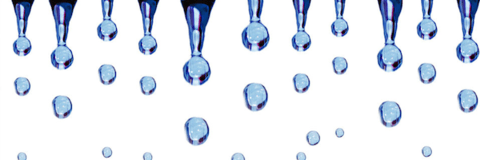
Hydrogen: 35 Human Studies
Inhalation of hydrogen in Parkinson’s disease
Hyposmia is one of the earliest and the most common symptoms in Parkinson’s disease (PD). The benefits of hydrogen water on motor deficits have been reported in animal PD models and PD patients, but the effects of hydrogen gas on PD patients have not been studied. The authors evaluated the effect of inhalation of hydrogen gas on olfactory function, non-motor
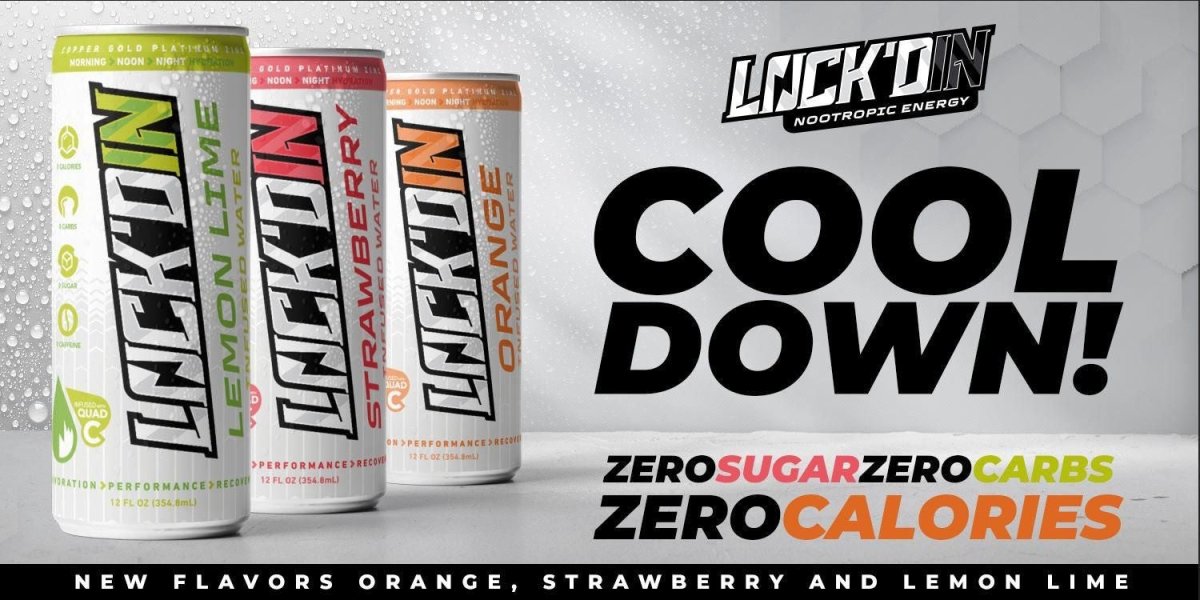
The Power of Ultra Pure Hydrogen-Infusion
Hydrogen is the Ultimate Antioxidant
Hydrogen is crucial to metabolism, recovery and repair. Hydrogen is the lightest element in the universe, able to penetrate all cells and act as a universal antioxidant and free radical scavenger in every tissue in the body. Free (or “molecular”) hydrogen, abbreviated as H2, is a selective antioxidant, helping only where it is needed by quenching the most reactive and damaging of radicals.
